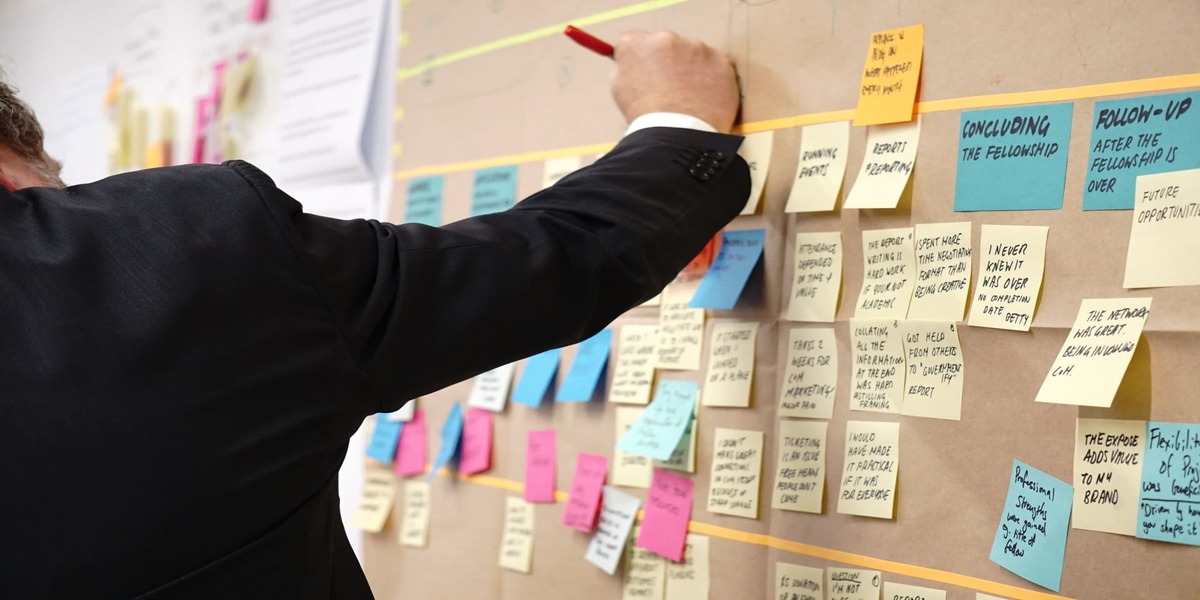Seriously?
Yes. Seriously. 95% is a huge number.
So, why?
- A lack of resources
- A lack of planning
It is known that there are around 30,000 new products launched every year, and 95% of them fail.
Look back over time, and you can see history is literally riddled with products that should never have been launched and have been the downfall of some great companies.
So, how can you be sure your new product ideas will be among the 5% that will succeed?
Tips to Avoid New Product Failure
A couple of tips spring to mind.
- Have the courage to outsource to experts in Product Development
- Absolutely insist on a Prelims / Discovery phase prior to starting the project
And you might ask, why those two steps?
Challenges in New Product Development
Well, typically, every company we talk to, the world over, suffers from the same three challenges.
Capacity - whilst they have a great R&D team; actually, the workload is overwhelming
Capability - even with incredible expertise on the team, they don't have all the talent they need for every single project, yet they can't justify recruiting
Momentum - schedules and deadlines are being missed, and the momentum just isn't happening due to everything else crowding in.
Outsourcing Product Development
So, to explain - in outsourcing your Product Development (or even parts of it) to experts that do it, day in, day out, you instantly have access to a much larger team and almost unlimited capacity to get stuff done faster. And all under NDA too.
You also have access to top talent globally - at Innovolo. In the last 18 months or so in the current pandemic, we have identified top talent across the world who, very sadly, have found themselves without work - we want to change this. So we are bringing them on as vetted subcontractors, meaning we can bring you incredible talent to assist with your projects.
This, in turn, brings accountability and drive and ensures deadlines are hit.
Prelims / Discovery phase
Finally, starting a product development project without doing a prelims / discovery phase is simply nuts. You're willing to invest good money into an idea that might become one of the 95% of Fails?
We don't do a project without this phase. It gives you a complete project plan and roadmap, estimated launch dates and milestones, concept visualisation and ideation, and estimated costings for the project.
Why wouldn't you?
This article was contributed by our expert Robin Pallister
Frequently Asked Questions Answered by Robin Pallister
Q1. What factors contribute to the success or failure of a new product?
Many factors affect the success and failure of a new product. These include positively: correct market research, correct project planning, and the right expertise to develop the product. Negatively, these would include: making the assumption that because there is a gap in the market, there is a market in the gap; trying to develop the product yourself without the time or resources to give it the time it deserves; not planning the launch correctly.
Q2. What is the number one success factor for a new product?
I would say, having the project professionally managed gives it the most chance of success. So often, we see companies trying to develop products when they have other 'day jobs' to do, and things get missed, deadlines aren't hit, and there's a lot of disappointment. At Innovolo, our speciality is in Project Management - we use the Prince2 methodology, which is a structured and well-planned approach, not only ensuring things aren't missed but also that the correct expertise is brought in at the right time for each stage of the project.
Q3. What is product risk management?
Essentially product risk management can concern a broad remit. For example, broad project risk related to unexpected outcomes, scope, budget, time or more specific product risk such as quality, pricing, regulation and demand etc.
Q4. What are the three basic production planning strategies?
If the question refers more specifically to individually developed products, I would suggest that the strategy for new product production tends to be idiosyncratic. For example, a medical device must follow far stricter protocols than, say, a plant pot does. For this reason, individual production planning strategies are just that, individual. They will relate to regulation, time, cost and quality generally.

